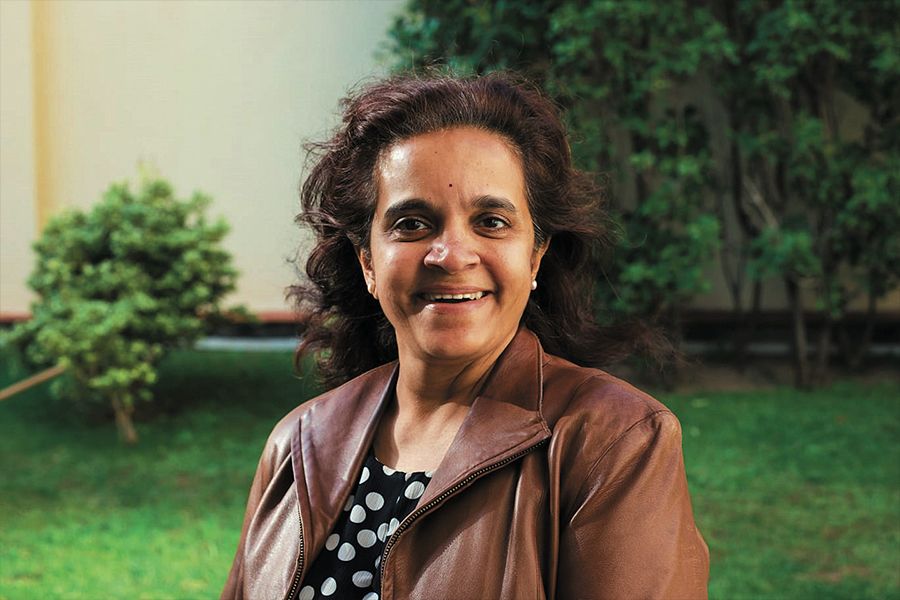In order to further welcome women into the fold, it's now or never to challenge the status quo—and that's what Purnima Wijendra, co-founder as well as technical director of TechSprint Academy, has set out to do
Believing that talent and intelligence recognised neither gender nor race, Purnima Wijendra and Vani Mahavedan established TechSprint Academy to create a women-only coding school, not for the novelty of its gender exclusivity but its guarantee for a safe environment where the women can feel comfortable and unafraid without feeling the pressures of being seen as lesser or ridiculed by their male counterparts.
"When I was—and actually still am—a dean at the Kuala Lumpur School of AI, a non-profit school that aimed to provide free education in artificial intelligence to anyone who was willing to learn, we noticed that there was a staggering lack of female participants," she says. "For example, out of the 50 applicants, only three to four of them were women, and they were often very timid and shy, even when they clearly wanted to learn.”
Read also: Deborah Henry On Why Education Is The Best Gift You Can Give Anyone


The issue of gender disparity in the workforce is an age-old one. According to the International Labour Organisation’s statistics on the gender gap in labour force participation rates (LFPR), the global LFPR is 75.2 per cent for men and women 48.7 per cent. In Malaysia, according to the Department of Statistics’s key assessments of the nation’s labour force in December 2020, the LFPR for men was at 80.8 per cent, whereas for women, it was 55.1 per cent. And though the latter’s percentage has seen a positive departure from its initial 44.5 per cent in 1982, that gap has yet to make a significant leap even after 38 years.
While there have been many initiatives aimed at breaking the glass ceiling phenomenon that usually surround minorities as well as women, this prevalent barrier to gender equity is now exacerbated by the pandemic, and is worsened by long-existing obstacles, such as societal or cultural beliefs (like traditional gender roles where men were expected to be the breadwinners while women are the caregivers), the lack of workplace policies that protect and address the unique needs of women-led households (even rarer for single or pregnant mothers), and a digital divide that grows wider due to these women having little to no access to modern technology.



